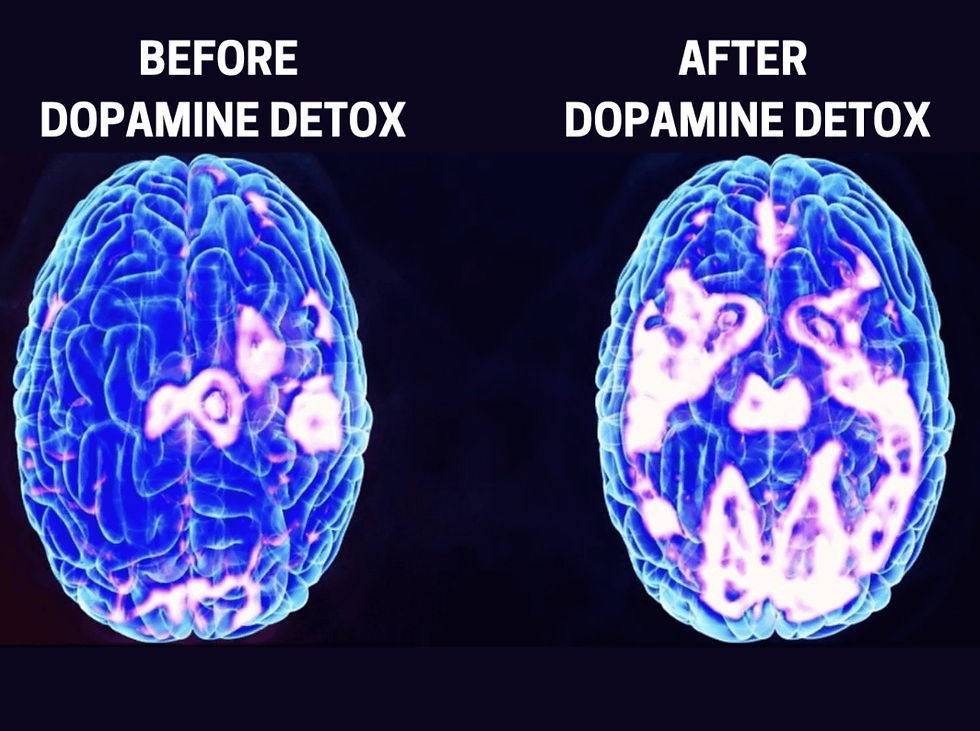The Digital Dilemma: Navigating Social Media's Impact on Mental Health in the Age of Connection
- Parts of Us

- Jul 28, 2025
- 3 min read

For millennials and Gen Z, social media isn't just a platform; it's a fundamental part of daily life, shaping connections, identities, and worldviews. While it promises connection and community, its pervasive presence also presents a unique and often challenging dilemma for our mental health. It's time to talk honestly about the dangers and benefits, and how to navigate this digital space mindfully.
The Double-Edged Sword: Benefits & Dangers
Social media is a powerful tool. It can be a source of:
Connection & Community: Especially for niche interests or marginalised groups, it offers a sense of belonging.
Information & Awareness: A quick way to get news, learn new skills, and raise awareness for causes.
Support Networks: Online groups can provide solidarity and emotional support.
Creative Expression: A platform to share art, ideas, and passions.
However, the downsides are increasingly clear, especially for younger generations:
Comparison Culture: Constantly seeing curated "highlight reels" of others' lives can fuel feelings of inadequacy, jealousy, and low self-esteem. Research published in the Journal of Social and Clinical Psychology has linked social media use to increased feelings of social comparison and depressive symptoms, particularly among young adults. Social comparison on social media and anxiety in young adults: The mediating roles of fear of missing out and self-esteem.
Fear of Missing Out (FOMO): The constant stream of friends' activities can create anxiety about what you're missing.
Digital Fatigue & Overwhelm: Endless scrolling, notifications, and the pressure to respond can lead to mental exhaustion and burnout.
Sleep Disruption: Blue light from screens and the stimulating nature of content can severely impact sleep quality, contributing to anxiety and mood issues.
Addictive Loops: Platforms are designed to be addictive, leveraging dopamine hits from likes and notifications, making it hard to disengage.
Cyberbullying & Trolling: The darker side of anonymity can lead to significant emotional distress.
Impact on Attention Span: Constant switching between content fragments can affect focus and deep concentration.

The Brain Science Behind the Scroll
Our brains are hardwired for social connection and novelty. Social media platforms expertly tap into these instincts:
Dopamine Rewards: Likes, comments, and shares trigger dopamine release in the brain's reward centres, creating a craving for more.
Intermittent Reinforcement: The unpredictable nature of these rewards (you don't know when you'll get a like) makes checking even more compelling, similar to a slot machine.
Social Validation: Our innate need to belong and be accepted drives us to seek validation through online interactions.
Knowing how these platforms are designed to hook us is the first step towards reclaiming control.

Mindful Navigation: Reclaiming Your Digital Space
The goal isn't necessarily to abandon social media but to engage with it intentionally and mindfully.
Awareness is Key (Mindfulness): Start by simply noticing how social media makes you feel. Do certain accounts trigger anxiety? Do you feel drained after scrolling? This awareness is crucial.
Set Boundaries: Establish clear digital boundaries.
Time Limits: Use app timers and schedule specific "check-in" times.
No-Go Zones/Times: No phones in the bedroom, no scrolling first thing in the morning or last thing at night.
Notification Management: Turn off non-essential notifications.
Curate Your Feed: Unfollow accounts that make you feel bad. Follow accounts that inspire, educate, or genuinely connect with you.
Engage, Don't Just Consume: Shift from passive scrolling to active, meaningful engagement. Comment thoughtfully, share genuinely.
Prioritise Real-Life Connection: Make conscious efforts to connect with people face-to-face. No amount of online interaction replaces genuine human connection for mental well-being.
Practice Digital Self-Compassion: Don't beat yourself up for getting caught in the scroll. Acknowledge the challenge, and gently redirect yourself.
The digital space is here to stay. By understanding its impact and adopting mindful strategies, you can harness its benefits without sacrificing your mental health.



Comments